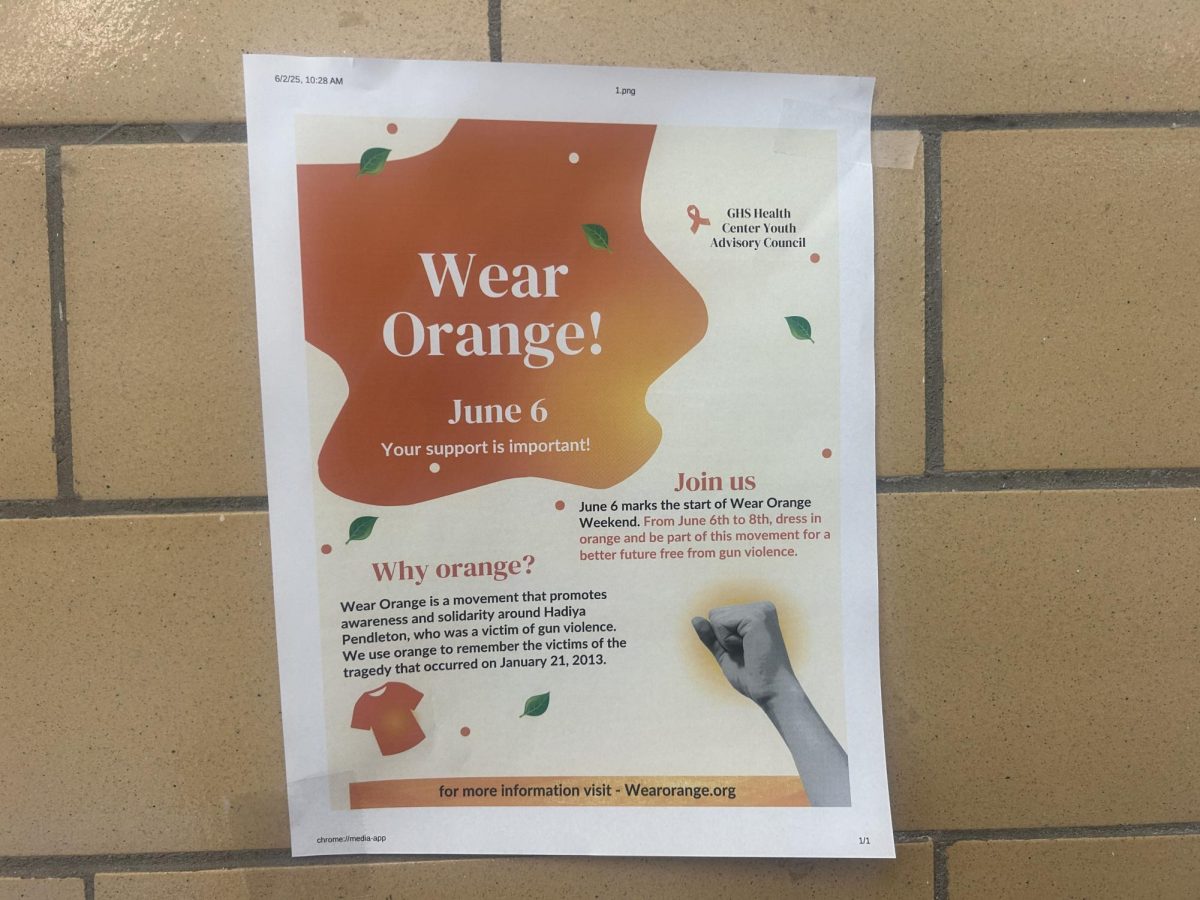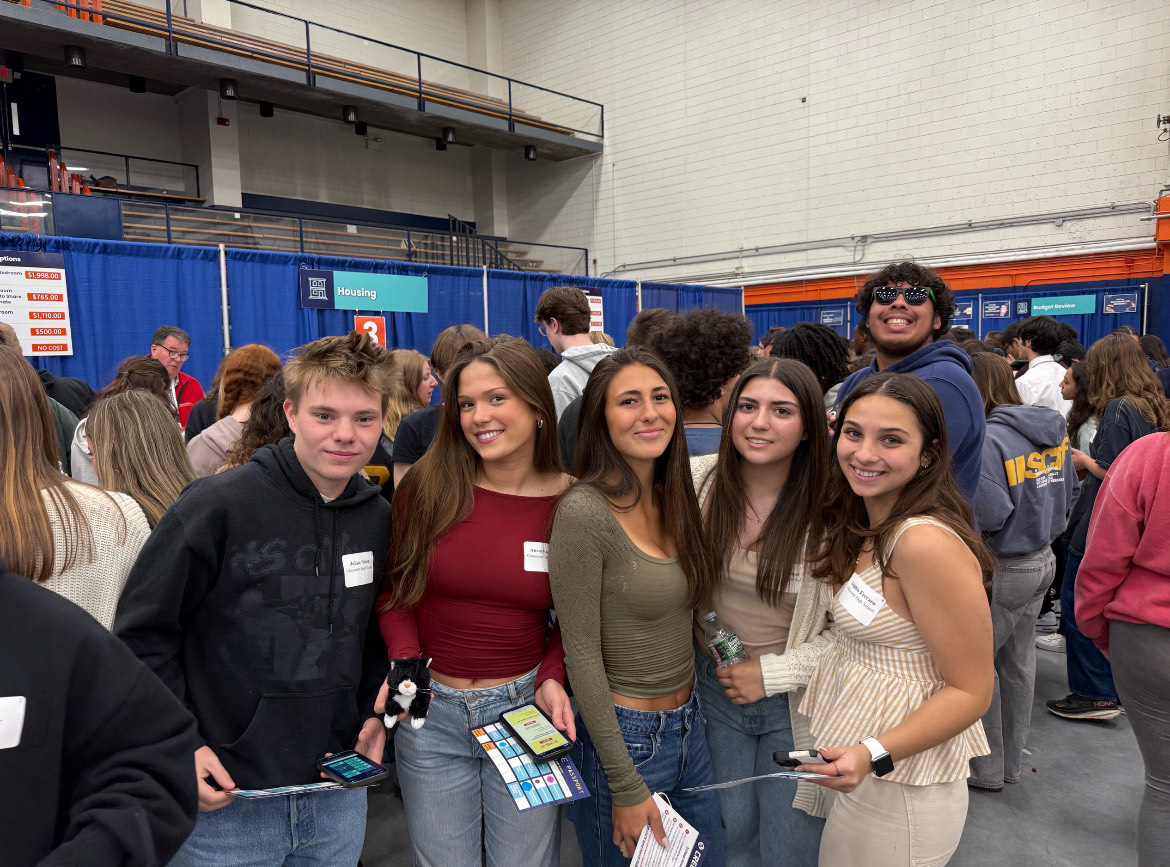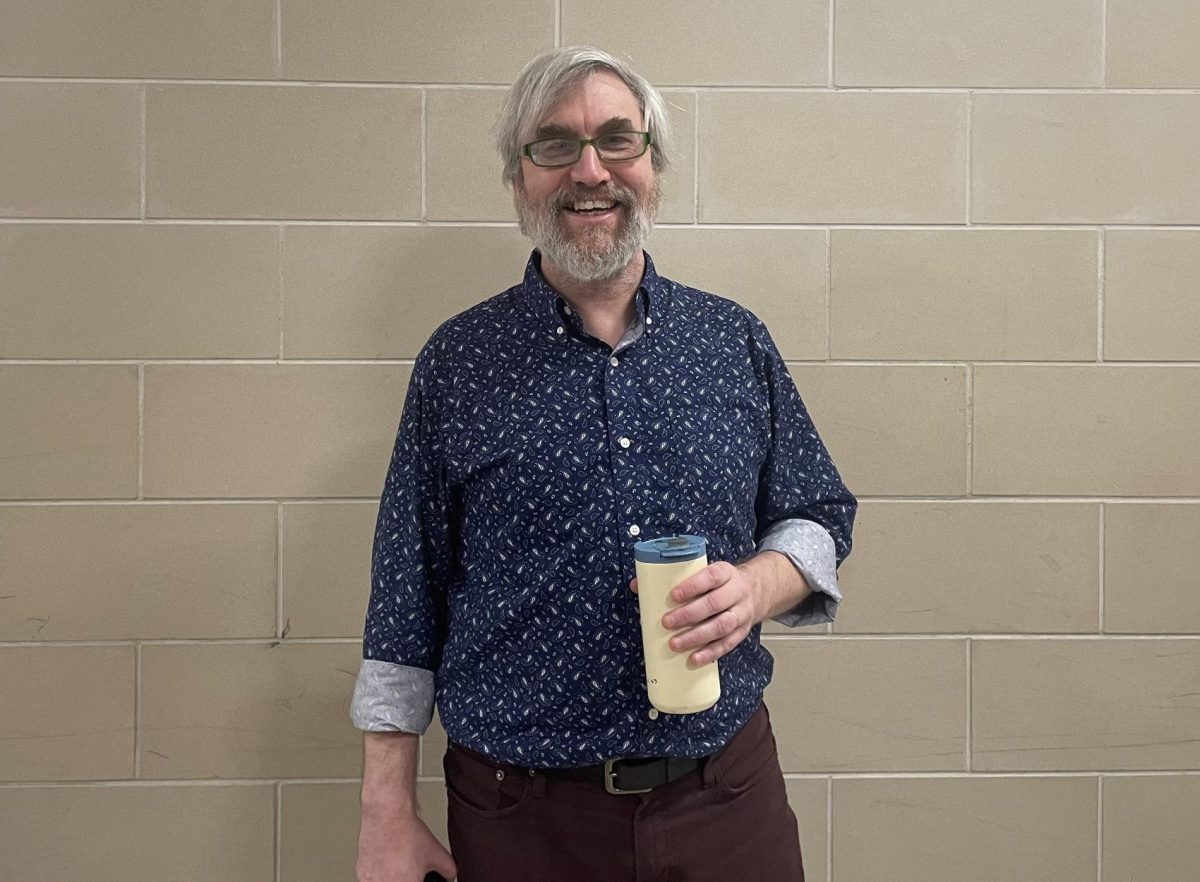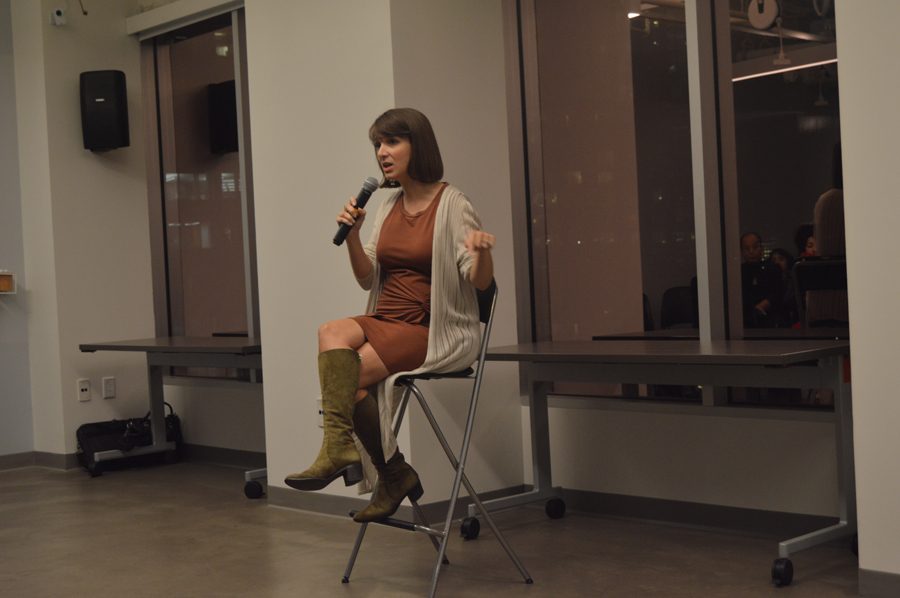Glam Slam stories focus on sustainability
Amanda Curtis talks about conditions in the fashion industry at Glam Slam during Boston Fashion Week
October 16, 2018
Earlier this month Gillnetter reporters attended Boston Fashion Week’s storytelling event: Glam Slam. It featured 9 women in the fashion industry, telling their life stories with the objective of inspiring creativity, particularly, through sustainability, conscious production and consumerism.
The panelists represented various dimensions of the fashion industry, from designers, to makeup artists, to CEOs.
Amanda Curtis stood out as a young entrepreneur. She has worked extensively in Boston and New York. Despite her young age, she has already participated in New York Fashion Week and London Fashion Week, collaborated with Richie Rich, and even designed for Ellen Degeneres.
Now, she is the CEO of 19th Amendment, a company that she claims has “reversed the retail model.
Curtis argues that it has “helped over 1,000 companies from 30 countries produce ethically and sustainably,” as it has enabled designers with technology, in order to make brands more efficient.
She emphasized a contrast between dynamics of the industry in Boston and New York. Apparently, our state’s capital contributes an academic perspective, meanwhile, New York highlights a business perspective. She argues that this is due to Boston’s status as “the academic capital of our country.”
Diana Coluntino, a MassArt professor and Founder of a design company called New Ventures, fashion also drew attention to sustainability in the fashion industry.
Coluntino warned about the dangers of “fast fashion”, or when a company creates garments in the cheapest, speediest way possible, and the implications it has in terms of the industry, its workers and the consumer.
“One garment can be touched by about 80 different people,” said Coluntino. “Most of them women, and they are paid poorly.”
Coluntino also discussed the health implications of fast fashion, which affects both the consumer and the producer. According to Coluntino, fast fashion creates a demand for cotton, which is often left up to farmers in India to fill. This creates an unrelenting amount of work for these farmers, and as a result use pesticides and chemicals to maximize their crop.
“Every half hour a farmer in India commits suicide by ingesting pesticides,” said Coluntino.
These pesticides are not only harmful for workers to ingest, but are harmful to the consumer when worn on the skin, as Coluntino emphasized that it is the “largest organ in our bodies.”
Coluntino believes there are solutions to this issue, which relies on both the awareness of companies and the consumer. She wants the consumer to buy better quality clothing, sacrificing the cheaper cost. She believes that this will bring both awareness, and drive people to take care of their clothing.
































